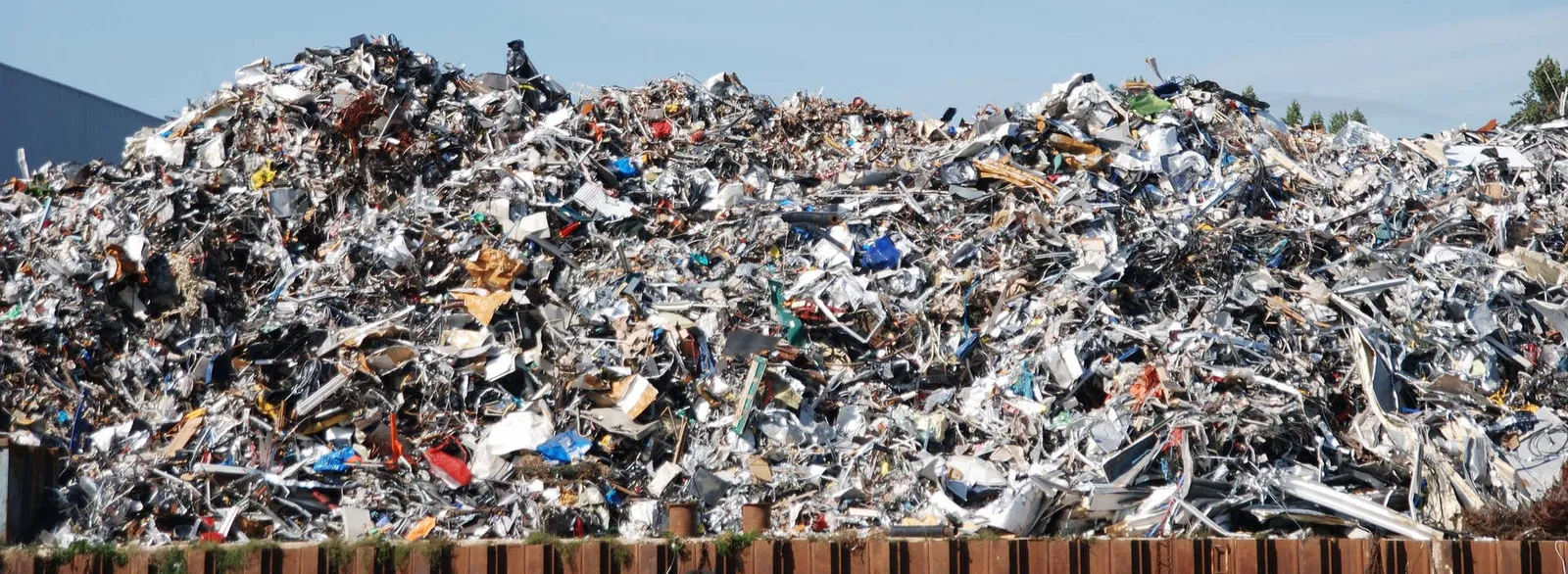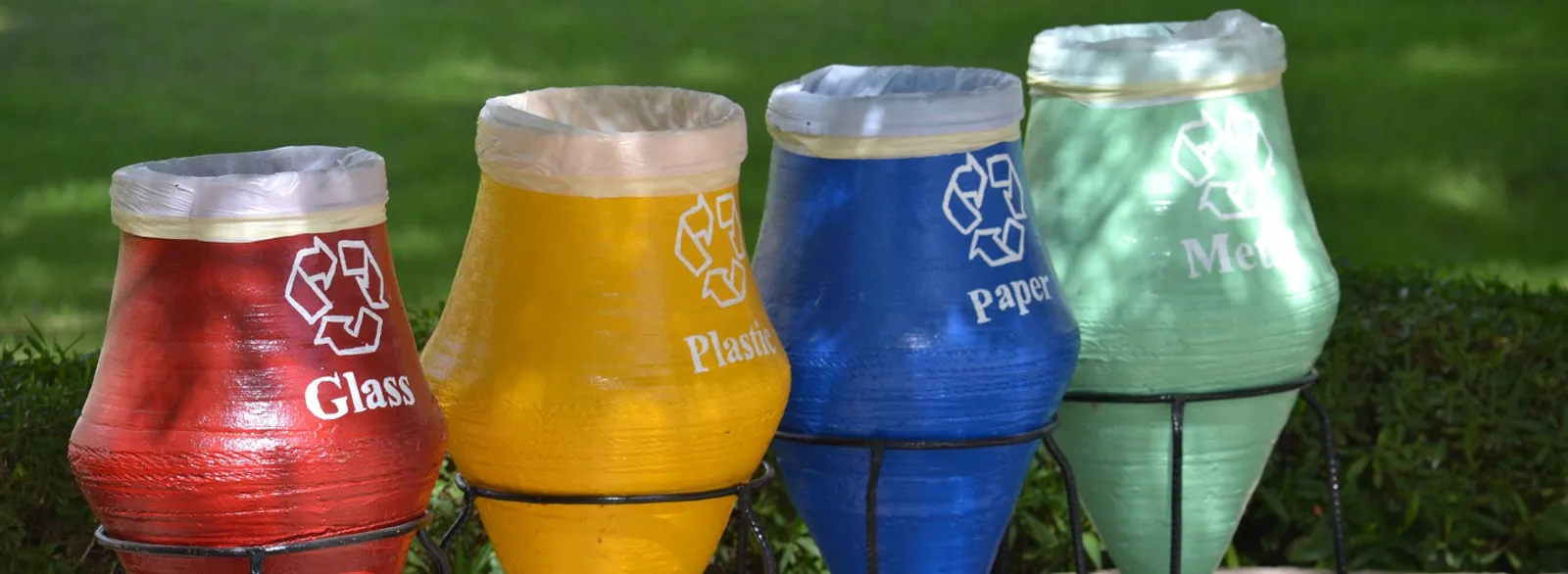If you are interested in ecology and recycling - sign up for our newsletter
Smaller Carbon Footprint: How Reducing Meat Consumption Supports the Planet
The production of meat, especially red meat, is one of the largest sources of greenhouse gas emissions in the world. Animal farming requires significant amounts of resources, such as water, feed, and land, and it also generates large amounts of methane—a gas that has up to 25 times the greenhouse effect of carbon dioxide. Studies show that giving up meat or reducing its consumption can decrease an individual's carbon footprint by up to 73%.
Switching to a plant-based diet not only reduces emissions associated with animal farming but also decreases the demand for arable land. This is because the production of plants intended directly for human consumption is much less resource-intensive than growing crops for animal feed. A plant-based diet requires less land and water, and by reducing meat consumption, we help reduce deforestation of tropical forests, which are often cleared for feed crop cultivation.
Moreover, shifting to a more plant-based diet supports the regeneration of ecosystems and biodiversity. Less pressure on natural resources, such as water and land, means more space for wild species and improved soil health, which is crucial for the well-being of the entire planet. Therefore, changing our eating habits, even partially, can have a hugely positive impact on the natural environment and future generations.
Planetary Diet: What to Eat to Protect the Environment?
The planetary diet is a way of eating that combines health benefits with care for the natural environment. It is based on increasing the consumption of plant-based foods such as vegetables, fruits, nuts, seeds, legumes, and whole grains while limiting animal-based products, especially red meat and processed foods. This approach aims not only to improve health by providing the body with essential nutrients but also to minimize the negative impact on the planet.
The production of meat and dairy requires significant amounts of water, land, and energy, and also generates high greenhouse gas emissions. Reducing their consumption in favor of plant-based foods can significantly lower our ecological footprint. The planetary diet emphasizes local and seasonal products, which further reduces emissions associated with food transport and storage. By choosing plant-based protein sources such as lentils, chickpeas, or tofu, we can decrease our demand for natural resources and promote sustainable food production.
A key element of the planetary diet is also reducing food waste. Currently, enormous amounts of food are wasted worldwide that could meet the needs of many people, and its production involves unnecessary use of resources. Adhering to the principles of the planetary diet, such as meal planning, proper storage of products, and using leftovers, can help reduce food waste and positively impact the environment.
The impact of food production on natural resources: Water, land, and biodiversity.
Food production has a significant impact on the natural environment, especially in terms of resource consumption, such as water and land, as well as on biodiversity. Modern intensive agriculture, which has dominated the global food system, is associated with a massive demand for water. Animal farming, particularly meat production, is one of the most "water-intensive" branches of agriculture. Producing one kilogram of beef requires an average of 15,000 liters of water, while producing plant-based foods, such as vegetables, requires significantly fewer water resources. The excessive use of groundwater for crop irrigation leads to its depletion, creating problems in regions where water resources are already running low.
Intensive agriculture also significantly impacts land and its ability to sustain life. Practices such as monocultures and the excessive use of chemical fertilizers cause soil degradation, reducing its fertility and capacity to store carbon. Large areas for cultivation are being converted from rainforests and other ecologically valuable ecosystems, leading to deforestation and habitat loss for wild species. This process not only destroys natural environments but also contributes to greenhouse gas emissions, as the cut and burned trees release stored carbon into the atmosphere.
The loss of biodiversity is another critical issue associated with food production. The expansion of agricultural land at the expense of natural ecosystems results in a drastic reduction in the number of plant and animal species. Monoculture crops replace diverse habitats that were home to many organisms, from insects to large mammals. Additionally, the use of pesticides and herbicides leads to the poisoning of many pollinator species, such as bees, which are crucial for ecosystem functioning and food production. Habitat degradation and the chemicalization of agriculture also negatively affect soil health, its microbiome, and its regenerative capacity.
A sustainable approach to food production, based on environmentally friendly practices, can help mitigate these negative effects. Regenerative agriculture, agroecology, and practices based on biological diversity are key to protecting natural resources and ensuring that future generations have access to healthy food.






